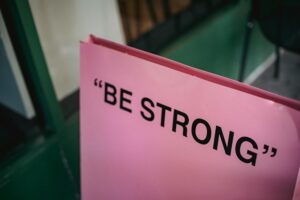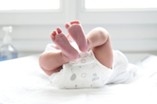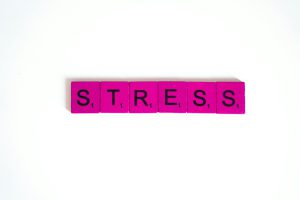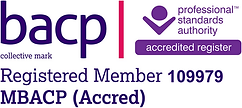This blog post, “When Silence is All Around,” speaks to the unique kind of isolation many parents feel after baby loss, whether through miscarriage, stillbirth, or shortly after birth.
The Deafening Quiet
After baby loss, the world becomes quiet in ways that feel unbearable. Silence takes over where there once were dreams of tiny cries, giggles, and the soft sounds of a baby breathing while sleeping peacefully. For parents who lose a child, this silence can be suffocating. They often return to homes filled with baby items never to be used, or to the echo of a nursery that never got the chance to hear its occupant.
The silence doesn’t only exist in the home. It extends outward into the world, where others often struggle to know what to say. Many friends and family members, though well-meaning, fall silent or use comforting clichés that miss the mark. They may avoid conversations about the baby, hoping to shield parents from pain. But for parents, this silence can feel like a dismissal of their grief. The silence makes it seem as though the loss wasn’t real, as though their baby didn’t matter.
Breaking the Silence: The Need for Acknowledgment
One of the most profound needs for grieving parents is acknowledgment of their baby loss. They need to hear their baby’s name spoken, to know that their loss is recognised, and to feel that the love they have for their child is valid. When silence is all around, breaking it with compassion and understanding can be healing. It can start with simple words like “I’m here,” or “I’m thinking of you and your baby.”
This acknowledgment affirms their parenthood, and it honours the baby who is no longer here physically but remains in their hearts forever.
The Importance of Space and Support
Grieving parents may not always be ready to talk, and that is okay. Sometimes, silence is what they need. But they also need to know that when they are ready, their pain, their love, and their memories will be met with open arms and listening ears.
As we mark Baby Loss Awareness Week, we need to think about the spaces we create for those mourning baby loss. It’s about allowing the silence to exist when it needs to, but also about gently breaking it when appropriate, offering a supportive hand, and validating that their grief is real.
Tommy’s charity offer information and support for baby loss – find out more here.
For Those Living Through the Silence
If you’re reading this and have experienced baby loss, know that your silence speaks volumes. It holds your love, your pain, and your memories. Your grief, though it may feel isolating, is shared by countless others who walk this difficult path.
There is no timeline for grief, and no need to force words where there aren’t any. But when you are ready to share, to speak, or to simply let someone into your silent world, your voice will be heard. You are not alone in your silence.






